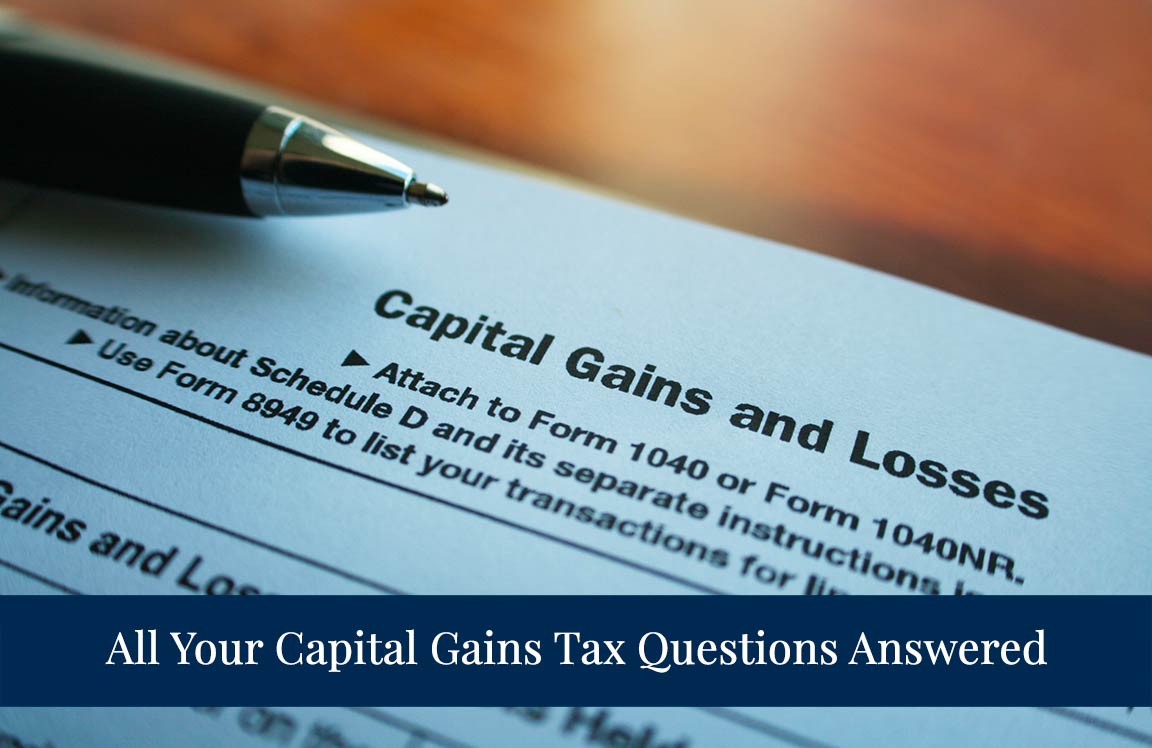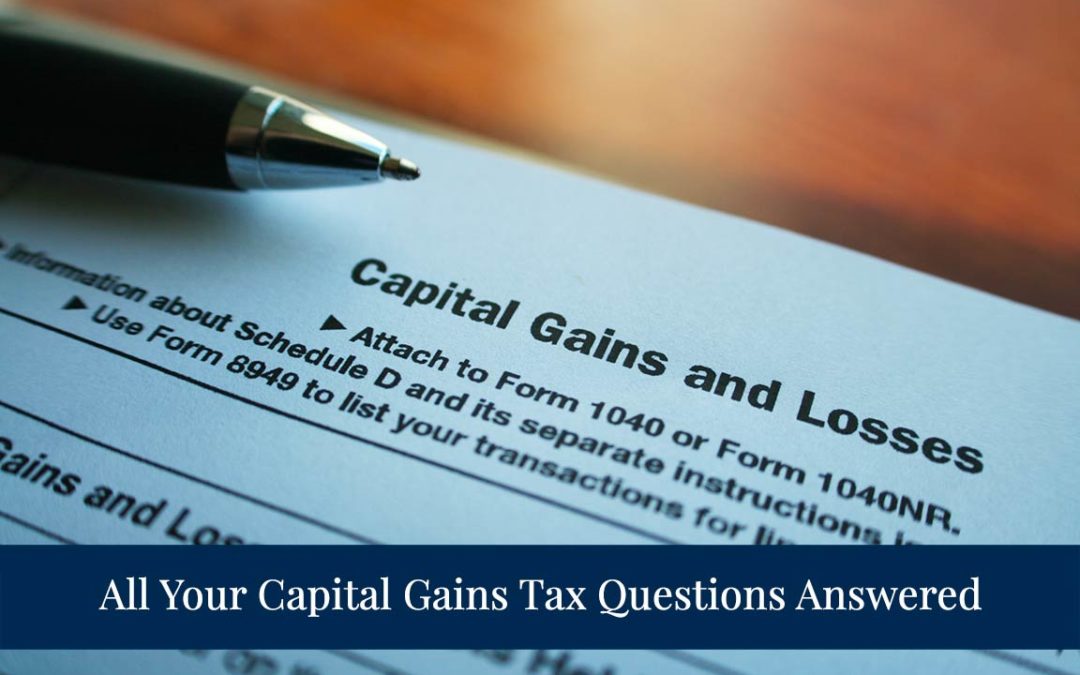In The News
Sale-Leaseback Transactions in Utah
What is Capital Gains Tax and how can I avoid paying it?
May, 2021
As a commercial real estate agent in Salt Lake City, Utah, I get asked this question multiple times every week as I work with commercial property owners looking to sell. I’ve written this article to explain Capital Gains tax, how to calculate it and creative ways to reduce or eliminate it.
If you just sold your commercial property, then you should be aware of capital gains tax. Property owners are required to pay capital gains taxes when they sell their commercial properties. The IRS defines capital gain as the difference between the net sales price and the taxpayer’s adjusted basis in the property.
However, there are some exceptions to this rule: for example if an investor is in a 10% or higher income-tax bracket and has held his/her shares for more than one year before selling them at a loss; he/she will not have to pay any capital gains taxes on that particular transaction.

Capital Gains Taxes Explained
Capital Gains Tax is a tax levied on profits of the sale or transfer of property, stocks, bonds, and other assets. It’s calculated by subtracting your adjusted basis in an asset from its selling price at the time it was sold. The difference between the two numbers is then multiplied by your marginal tax rate to determine how much you owe for capital gains taxes. In addition to federal rates there may be state level capital gain taxes that apply as well; these can vary greatly depending on where you live. Under US law if one sells their commercial property they don’t have to pay any capital gains on that transaction because no money exchanged hands – but instead just got CASH out of paying off mortgages and back taxes.
The capital gains tax can be confusing and complicated, but that’s what Jody Jones Commercial Real Estate agent in Salt Lake City Utah is here for! He helps commercial property owners plan for capital gains and make sure they don’t get surprised with a huge bill at the end of their transaction.
I just sold my commercial property. What am I going to have to pay in capital gains taxes?
There are many factors involved so it depends on your personal situation. Here you’ll find some general guidelines about how much you might owe if you recently bought or sold any type of asset such as stocks, bonds, real estate properties, business interests or collectibles: If one sells an asset without making money (i.e. selling at the purchase price) then one doesn’t owe any capital gains taxes. If one sells an asset making money (i.e. selling for more than it was purchased), and there is a gain, then that profit will be subject to long-term capital gains rates which are 0%, 15% or 20%.
Capital Gains Tax Rates for 2021
The profit on an asset sold when owned for less than a year is generally treated for tax purposes as if it were wages or salary. The taxpayer is generally required to report the difference between the net selling price of an asset and its adjusted basis as income.
If you’ve owned property for more than one year, then that profit will be subject to long-term capital gains rates which are 0% (0%), 15% or 20%.
Capital Gains for Investment Real Estate
Investors who own real estate for investment purposes can also choose to report their capital gains for that property on the same schedule as if they were renting the property.
This option is only available when a taxpayer reports income from rental real estate activities in Section E of Schedule E (Form 10040) and has elected under section 475(f)(e)(ii) or re-elected under section 475(d)(12), whichever applies, not to be subject to tax on such income.
Computing Your Capital Gains
Capital losses can be deducted from capital gains to yield your taxable gains, if any, for the year. Your capital gains are the total of your net long-term capital gain plus any qualified dividends.
The amount of each item is reduced by a percentage in order to arrive at the taxable portion, which is then added together with other income for that year and taxed appropriately depending on your tax bracket after using deductions.
If you have more than one type of investment property (long term or short term), they will be subject to their own separate calculations when computing taxes owed based on taxable profits made from that particular property. Generally speaking, it’s best not to mix different types of investments into an account if possible as mixed investments can complicate things such as estate planning and funding retirement accounts like IRAs. It’s also important to note that qualifying for capital gains tax can depend on the type of property you are selling and when it was purchased.
The federal government defines capital gains as “the profit realized from buying an investment, such as a stock or other security at one price and then reselling it at another.” A capital gain is the difference between what you paid for your asset (purchase price) minus what you get when you sell that asset. For example, if I buy 100 shares in ABC company for $100 per share ($10000 total), but only end up selling those stocks six months later to make $200 per share, my capital gain would be: ($12000 -$10000) = $2000). This means I’ll owe taxes based on this amount.
Jody Jones with Align Commercial Real Estate in Salt Lake City, Utah has been helping commercial business owners with this process since 2015. Call her today at 801-577-2175. She can help you plan ahead so you know exactly how much your sale should make and avoid surprises later on down the line.
Contact Jody Jones
Get In Touch

Jody Jones, CCIM
1075 East Hollywood Avenue
Salt Lake City, Utah 84105
jody@acresutah.com
801.577.2175
AREAS WE SERVE:
Salt Lake City
Downtown | 9th and 9th | Granary District
Sugarhouse | Cottonwood Heights | Millcreek | Murray | West Valley | South Jordan

